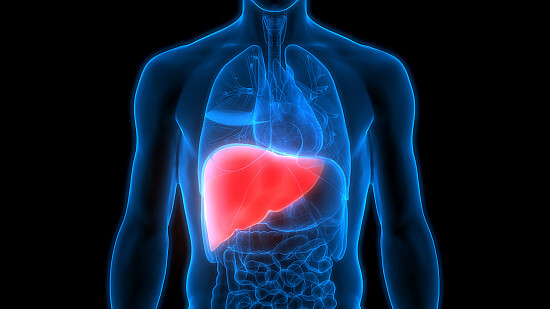This Is How Anger Affects Your Behaviour According To A Psychiatrist
Thu 02 Mar 2017, 10:35:32

Anger is just one of many emotions that all of us experience from time to time. Like every emotion, anger, too, serves a purpose, but if pervasive and irrational, it can be threatening. Many of us don’t even realize that we have an anger problem, but it lurks beneath the surface in our subconscious. In such cases it often manifests in other problem behaviors.
Unresolved Anger Sometimes Gives Rise to Behavioral Disorders
To cope with anger, some of us adopt strategies to distract ourselves from angry thoughts and feelings. In most cases, this simply suppresses the feeling, making you emotionally cold. Some such individuals tend to exhibit symptoms of ‘psychopathic’ behavior. Many others develop addictions and behavioral problems, as they indulge in alcohol, drugs, sex, or gambling to cope with or to escape their feelings.
Unresolved Anger Sometimes Gives Rise to Behavioral Disorders
I once received a patient, who suffered from sex addiction. His sexual drive was so high that despite having regular sex, he felt compelled to masturbate several times each day. It seemed like nothing he did helped resolve the problem. When I first suggested that it could be an anger problem, he was skeptical until he began practicing the exercises I had recommended and he noticed a corresponding decline in his sexual drive. The release of his anger, eventually helped overcome the sex addiction problem.
A gentleman who sought treatment from me for non-ulcerative dyspepsia (a condition in which the stomach produces excessive acid) also happened to be a recovering alcoholic. He had been attending Alcoholics Anonymous meetings thrice a week for 18 years. I
jokingly suggested that his need to attend meetings would decline with my treatment and he was shocked when this actually happened. As his anger issues were resolved, he can now stay alcohol free, attending just one meeting a week.
jokingly suggested that his need to attend meetings would decline with my treatment and he was shocked when this actually happened. As his anger issues were resolved, he can now stay alcohol free, attending just one meeting a week.
How Anger Affects Your Body
Depression is associated with feelings of sadness and despair, but the condition of depression can also surface because of suppressed anger. When suppressing anger, you begin to experience significant stress as the nervous, hormonal and muscular systems of the body are all tense. Sustained tension and stress of this kind eventually results in depression.
Anger problems can often spiral out of control as you may develop a feeling of guilt and remorse about your angry outbursts. The combination of anger and guilt can be lethal and it often leads to drastic measures like attempting suicide.
Sleep disorders are also often a result of unresolved anger. I recently treated a woman, who was involved in a car crash. She felt immense anger and now exhibited symptoms of Post-Traumatic Stress Disorder. While not everyone will experience such severe symptoms as nightmares and flashbacks, the stress caused by suppressed anger will inevitably cause some of the symptoms like impaired sleep and insomnia. Anger is an emotion that makes you charged up and ready for a fight, so these feelings will also impeded sleep.
Suppression of anger is an unhealthy practice, as at any time you can lose control. During such explosive situations when you lose control, the results can be disastrous for those around you. Instead of suppressing your anger, find peaceful ways to resolve it.
No Comments For This Post, Be first to write a Comment.
Most viewed from Health
AIMIM News
Latest Urdu News
Most Viewed
May 26, 2020
Do you think Canada-India relations will improve under New PM Mark Carney?
Latest Videos View All
Like Us
Home
About Us
Advertise With Us
All Polls
Epaper Archives
Privacy Policy
Contact Us
Download Etemaad App
© 2025 Etemaad Daily News, All Rights Reserved.






























